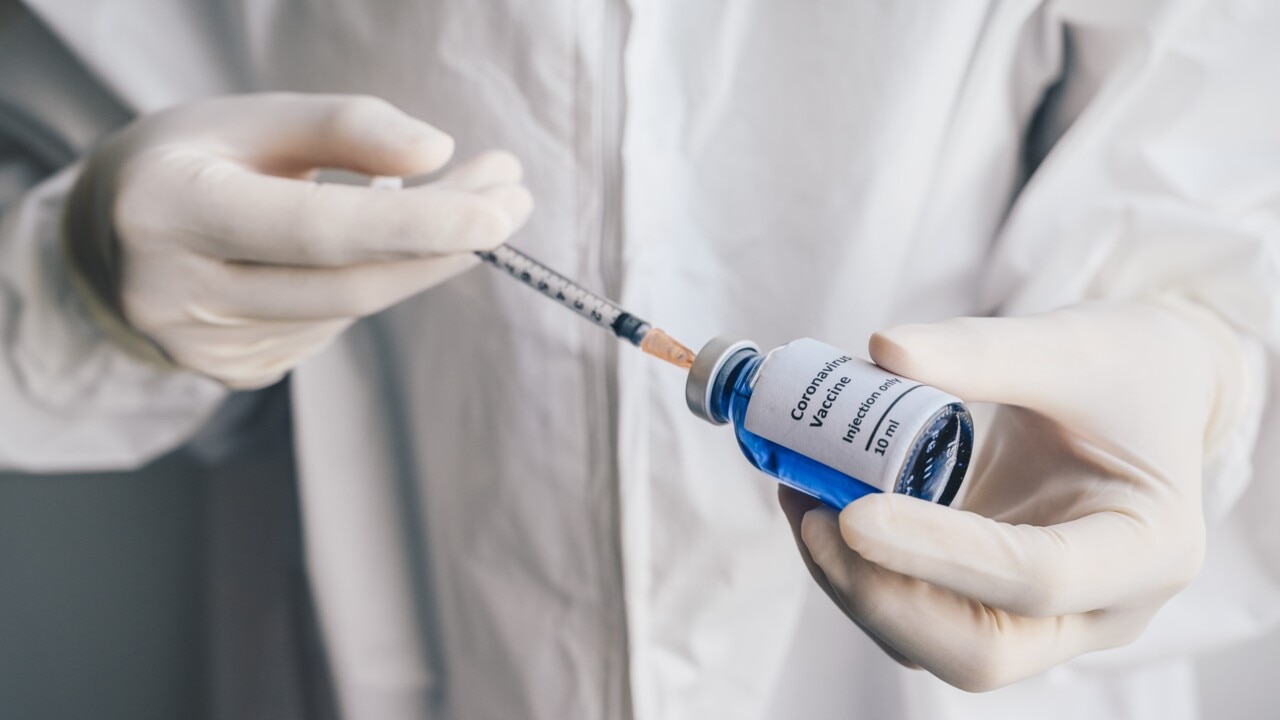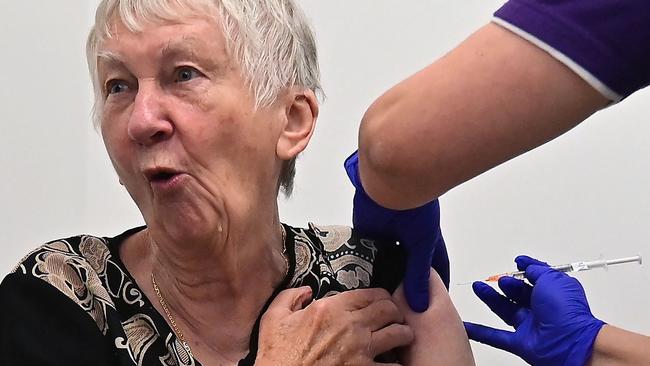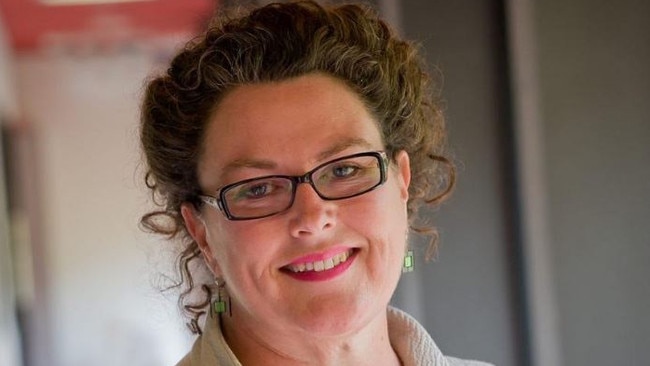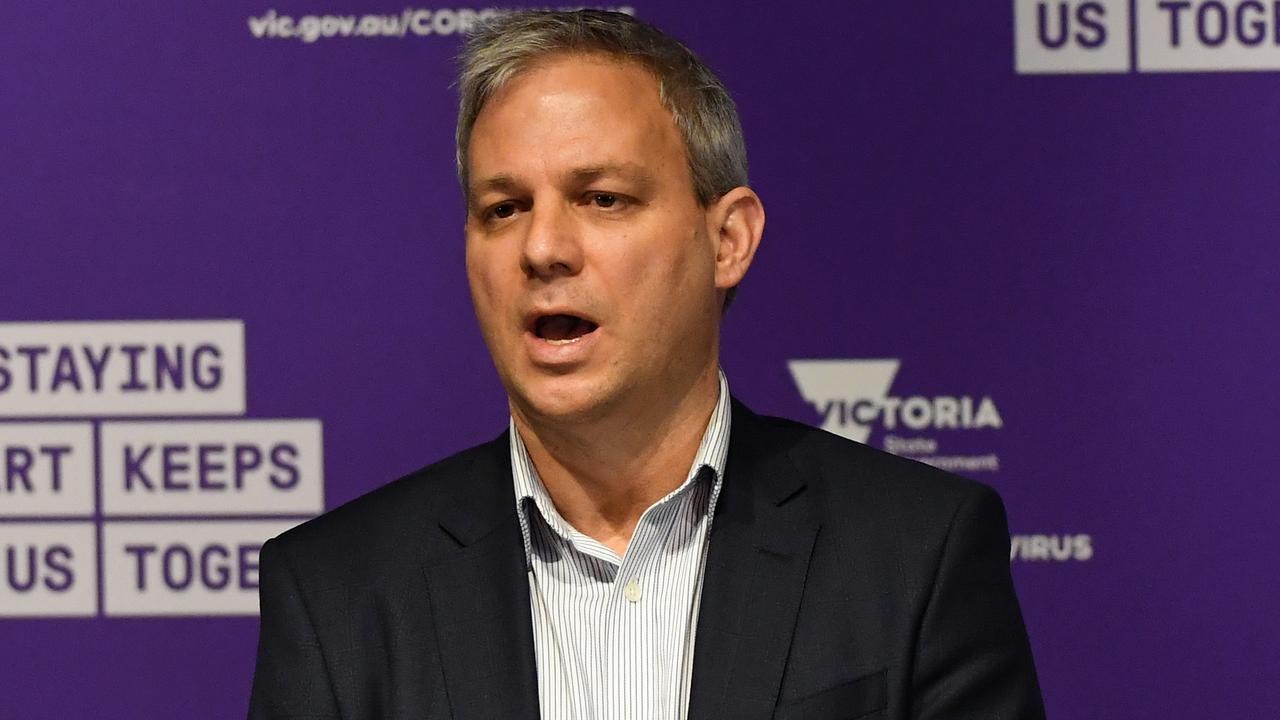How the COVID vaccine may change our lives
Will the COVID-19 vaccine spell an end to lockdowns and put travel back on the cards? Four top epidemiologists share their opinions.

Coronavirus
Don't miss out on the headlines from Coronavirus. Followed categories will be added to My News.
Start packing your bags. Experts say the COVID-19 vaccine rollout should allow people to travel freely around Australia without having to worry about border closures. And it means international travel is back on the cards in the not too distant future. But will it spell an end to lockdowns? Four leading epidemiologists — former World Health Organisation epidemiologist and University of South Australia Professor Adrian Esterman, Deakin University Chair of Epidemiology Professor Catherine Bennett, Australian National University Professor Peter Collignon and Melbourne University epidemiologist Professor Tony Blakely — share their views.

– With the vaccine rollout now under way, will we have any further lockdowns
AE: I don’t think it will be needed again. Now they’re vaccinating people working in quarantine hotels it makes it much less of a chance of any virus escaping.
CB: I think particularly because we’ve had such success closing down these clusters, even with the new variant, that, combined with the vaccine rolling out, will make people less jumpy and hopefully we’ve seen the back of the lockdowns. That would be my expectation.
PC: You can’t rule out lockdowns as an option if you’ve got an uncontrolled spread and poor contact tracing but the chance of that goes down the more we roll out that vaccine. I would be hopeful we don’t need lockdowns but this winter will be our next big test.
TB: The lockdown is still in the toolkit. But the chances of it being used goes down and down as the vaccine rollout goes up and up. I would pick if they’re going to be pulled out of the toolkit and used, it would be in the next couple of months. Beyond that, assuming our vaccine coverage is up to at least 30 or 40 per cent I don’t think they’ll need to be used.

– Was lockdown 3.0 necessary?
AE: It’s a difficult one; it served two purposes; to give infection control staff a bit of a breather while they had a chance to sort out what was happening; and secondly given it was the UK variant they weren’t going to take any chance of it spreading. So I think it was justified.
CB: It was a safety net, so it’s hard to say if it was necessary or not. If a person doesn’t fall off the tightrope and the net doesn’t come into play you don’t say ‘we shouldn’t have had it’. But I’m of the view that we can’t keep doing it if it winds up not being necessary every time. Hopefully the government analyse the data and look at the fact that contact tracers did well and the contacts of contacts were in quarantine before we started lockdown and they can look back and say we didn’t need to put the whole state into lockdown.
PC: Personally I don’t think so. If you look at the lockdowns in Perth, Adelaide, Brisbane and Melbourne, none of them really made much difference. All of the cases that were found were found by good contact tracing rather than unknown cases that turned up during a lockdown.
TB: It’s impossible to say, however given we saw no cases outside of quarantine it may well be that we wouldn’t have needed that lockdown. With the benefit of hindsight it probably wasn’t necessary but it was probably still the right decision given what information they had at the time.


– On the evidence available, with cases in Perth and Queensland that didn’t spread widely, is the UK strain that much more “wildly infectious”?
AE: Latest research coming out appears to show that when you get it you actually have it for longer and that’s why you infect more people. The typical infection period is about five to six days but you’re looking at eight to 10 days with the UK variant.
CB: It is more infectious, data suggests more of your close contacts will get it if you’ve got that strain. It works out about 35 to 40 per cent more infectious, we don’t want it out in the community.
PC: It might be 30 to 50 per cent more infectious. But equally it spreads exactly the same way as all the other viral strains have before, in other words by proximity, people being close together indoors for long periods of time.
TB: It’s hard to work out how much more infectious it is because you’re doing this type of quantification in the middle of a pandemic where there are controls being put on everywhere. For my money I think 50 per cent (more infectious) is a sensible estimate to use.

– Will the vaccine rollout reduce the likelihood of state borders being slammed shut in the event of a outbreak?
AE: Absolutely, I think they will be relaxing the border restrictions once a decent proportion of the Australian population is vaccinated.
PC: Yes, I actually think a lot of the border closures were done more than was necessary. But I get the impression that the Chief Health Officers will say ‘look the risks will go down the more the vaccine’s rolled out and so we will still have restrictions but won’t need to be as harsh as previously were’.
TB: In the long-run it will make opening up the borders a piece of cake. So basically the idea is once you have enough of your population vaccinated and you dampen down the spread any incursion of the virus won’t explode
– Could the vaccine rollout speed up the return of international travel?
AE: Yes, the vaccine passports are going to happen more and more with international air travel and that will help speed things up.
CB: It’s going to be tricky. I’m not convinced vaccine passports will be the be-all and end-all because you can still be infectious, you can still carry the virus and you may not be protected from all variants out there if the virus evolves. Plus, not all countries vaccine programs will be equal unfortunately.
PC: Yes but this is not going to be a rapid process, it’s not going to happen in the next month or two. It will depend on how many people in Australia are vaccinated but also globally because if we go to a country with a lot of infections there is still a risk you can bring it back here and spread it.
TB: Yes, I don’t think international holidays would have happened without a vaccine.



